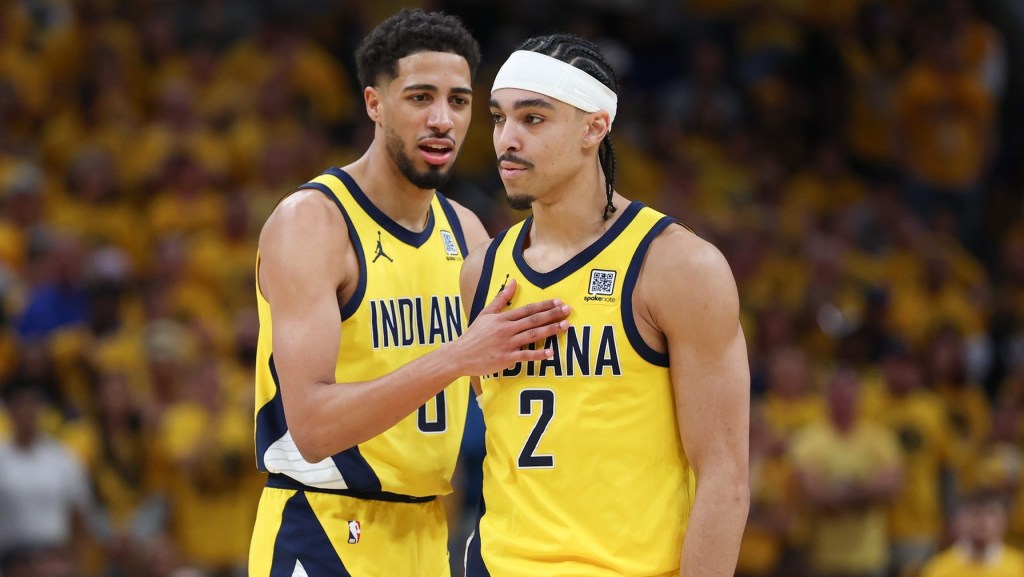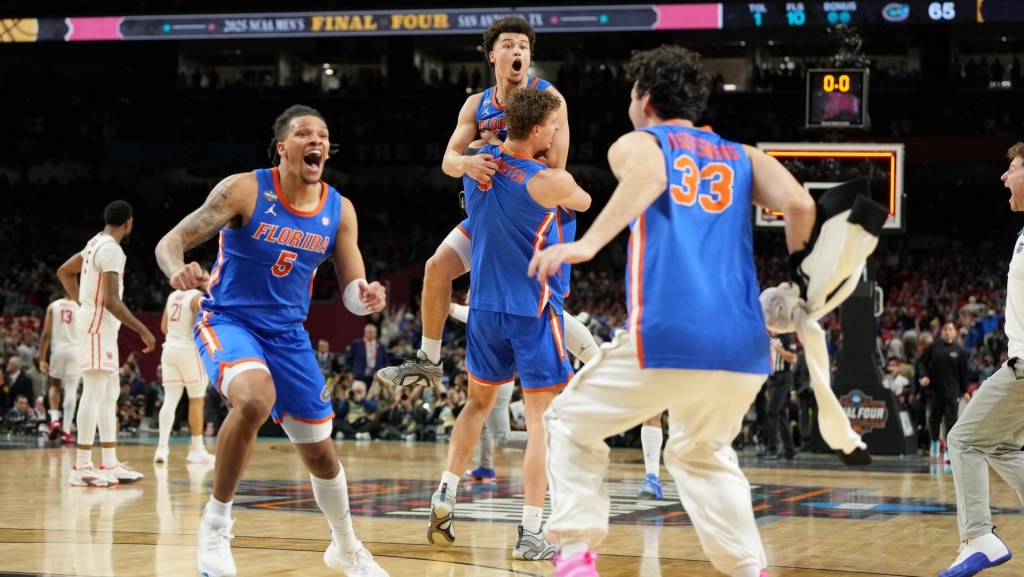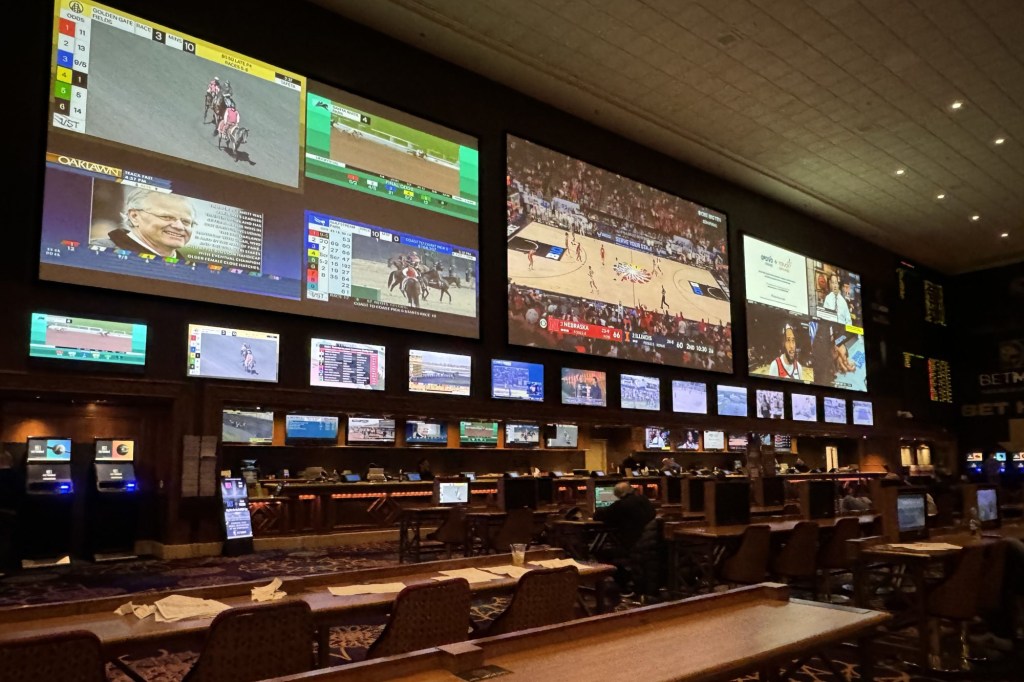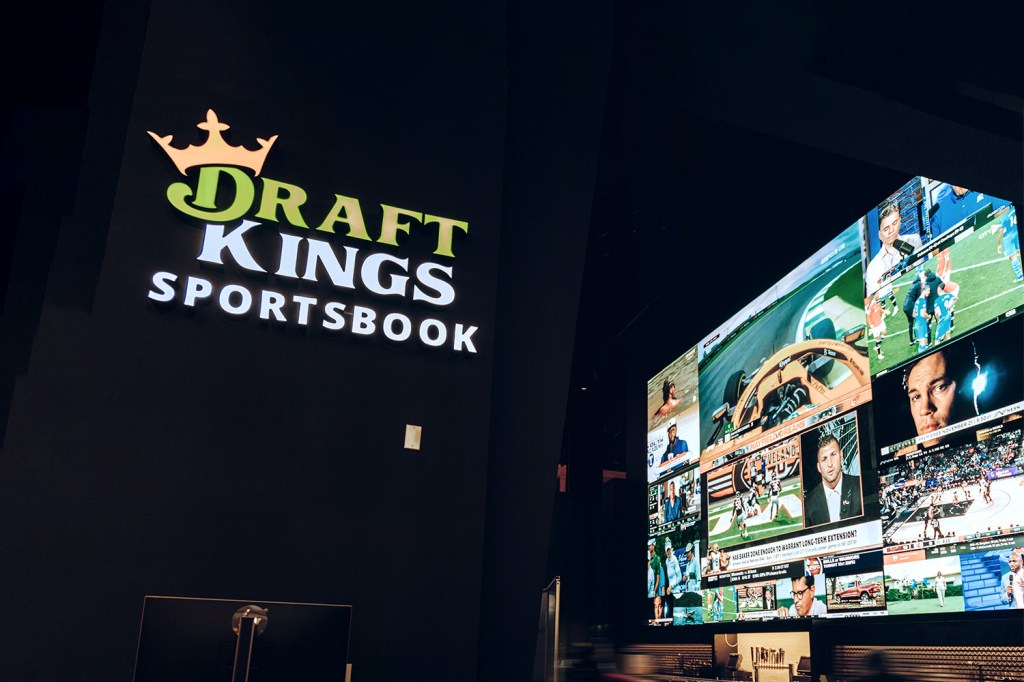
When a reputable consulting firm like Deloitte has its clients clamoring for more information about something, people begin to take notice.
Deloitte recently published a groundbreaking report titled “ESports Graduates to the Big Leagues,” which reveals just how large and rapidly growing the esports industry has become. The paper goes on to outline the various opportunities the burgeoning sector presents to everybody from media and entertainment companies to video game publishers, potential advertisers and professional sports leagues, as well as prospective athletes and franchise owners.
[mc4wp_form id=”8260″]
“Esports is growing exponentially and starting to show up in places it wasn’t traditionally seen,” said Pete Giorgio, who leads Deloitte’s U.S. Sports Practice. “That explosion of the industry has clients consistently asking us more about it.”
Like any good consulting company, that client feedback prompted Giorgio and the Deloitte sports practice to dive in and wrap their hands around this former niche industry. It’s not just Deloitte’s sports partners so interested in understanding and getting involved in the burgeoning space, either.
“Yes, our sports clients want more information, but it’s also the game publishers, organizations building potential leagues, media, entertainment, and advertising companies, and a huge component is potential investors and private equities,” Giorgio stated.
One of the Sports Practice’s main directives is to be an expert that is well-versed in all the opportunities presented by the sports industry in general. “Now, they [our clients] are relying on us to help them think about and better understand the space, potential opportunities, and how they might get involved,” Giorgio said.
Deloitte’s prospective clients are wise to be so intrigued by the allure of the esports space. The industry can already boast of having a passionate, global, highly engaged audience that’s only expected to grow. As evidence of that enthusiasm and reach, just look at some of the study’s findings.
Released a mere eight months ago, Epic Games’ “Fortnite: Battle Royale” already has 40 million users logging on to play each month. The game has also become the most-watched title on Twitch, which is no small feat, considering that means an average of 140,000 viewers at any given time. Popular title “League of Legends” has been posting similarly remarkable numbers. During one week alone, LoL reported having an audience that spent a total of 17.7 million hours watching league matches on Twitch.
Most astoundingly, those numbers and time spent viewing and participating are only expected to grow, according to Deloitte. In its report, the consulting firm forecasts an estimated audience of 600 million globally by 2020, with the esports industry generating approximately $1.5 billion annually from sponsorships and advertising.
What makes this robust, rapidly emerging esports industry especially complicated and intriguing is that “it’s still very much a ‘Wild West’ system without any established norms and patterns,” Giorgio stated. The structure of teams and leagues, formation of partnerships, and ‘best practices’ for those interested in the business are all still being created.
While it may be a bit confusing for now, the esports space is worth understanding. The demographics and habits of the audience in that ‘Wild West’ present a tremendous opportunity for media and entertainment companies, as well as potential partners.
“The esports audience is interesting, in that it shares many of the similar characteristics as a traditional sports audience: passion, fervor, and everything else you might see from fans of MLB or the NFL. Except the esports demo skews far younger, and reaches an entirely different ‘persona,’” Giorgio said.
Esports offers partners and sponsors access to an extremely valuable — and otherwise difficult-to-reach — millennial demographic not nearly as impacted by traditional television and advertising. You can be sure the fans are active consumers of what they are playing and watching. It’s not just background noise, with any marketing messages lost in the ether.
In addition, what’s especially powerful is the access to data and ability to execute highly targeted, tailored campaigns over a platform like Twitch to the esports fanbase. “What’s really interesting about these {esports} on Twitch is that unlike with ESPN or FOX, you know exactly who is watching,” Giorgio said. “The esports space offers access to a plethora of data on a much more granular level.”
[mc4wp_form id=”8260″]
And if Facebook has taught us anything, it’s that data equals money.
It’s these highly targeted, addressable, engaging campaigns that are going to be the future of sponsorships, advertising, and marketing. The esports industry offers a built-in trove of resources for those ambitious enough to take advantage of, just by its very nature of being digital. Perhaps when discussing the esports industry, we should start to think of the E as expansive.


![[Subscription Customers Only] Jun 15, 2025; Seattle, Washington, USA; Botafogo owner John Textor inside the stadium before the match during a group stage match of the 2025 FIFA Club World Cup at Lumen Field.](https://frontofficesports.com/wp-content/uploads/2026/02/USATSI_26465842_168416386_lowres-scaled.jpg?quality=100&w=1024)
![[Subscription Customers Only] Jul 13, 2025; East Rutherford, New Jersey, USA; Chelsea FC midfielder Cole Palmer (10) celebrates winning the final of the 2025 FIFA Club World Cup at MetLife Stadium](https://frontofficesports.com/wp-content/uploads/2026/02/USATSI_26636703-scaled-e1770932227605.jpg?quality=100&w=1024)













